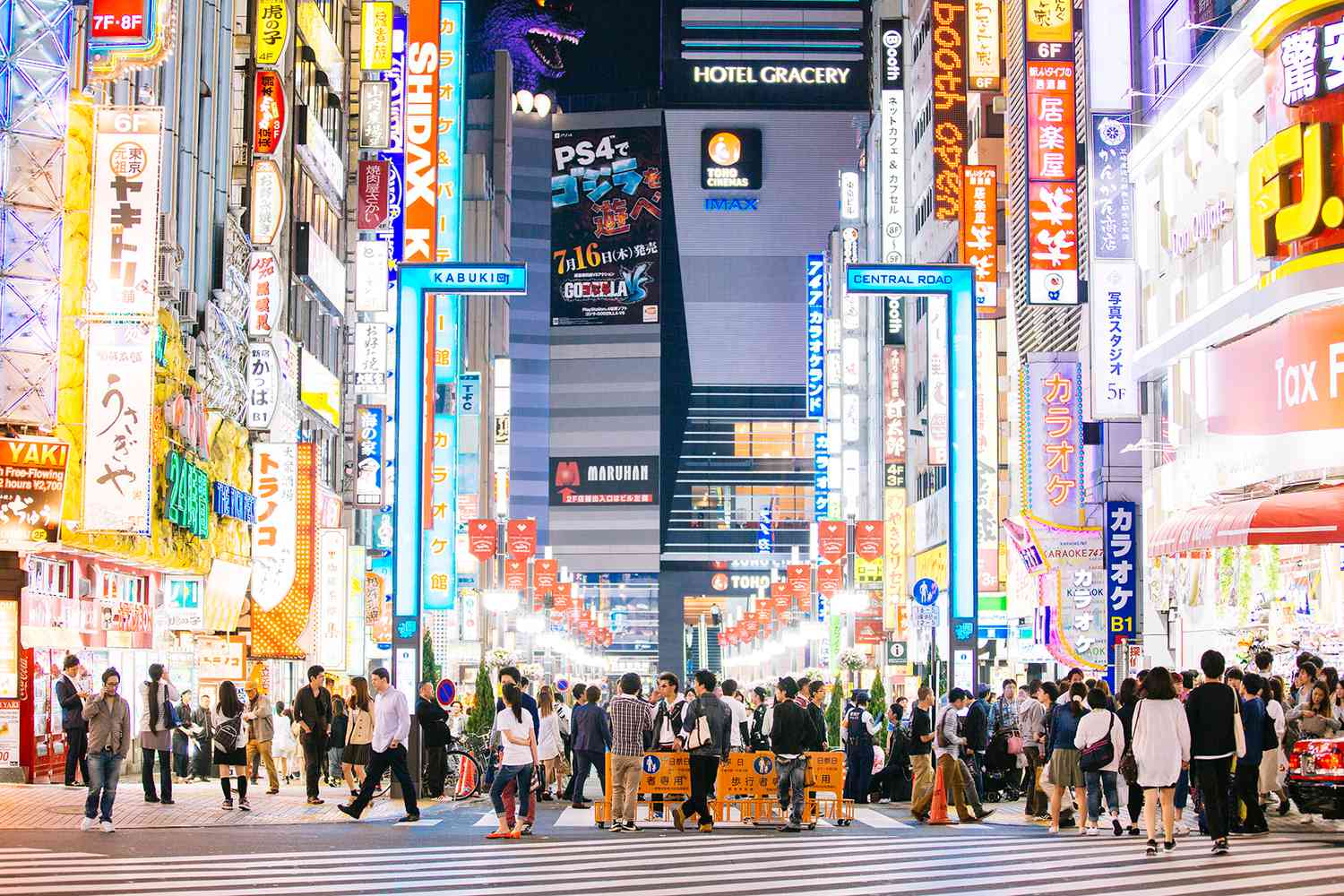An upsurge in tourism in Japan, driven by the return of Chinese travelers, along with the highest inflation levels witnessed in the past forty years, are propelling a surge in investments within the country’s hotel industry.
Foreign investors have injected a total of $2 billion into hotel transactions in Japan during the present year, marking the highest sum in comparison to any other sector within the Asian commercial property market, according to MSCI Real Assets. This already exceeds the $1.4 billion observed throughout the entirety of 2022.
The combination of robust demand for lodging from tourists and the escalation of prices sets an advantageous stage for investment. In a period of inflation, hotels possess the flexibility to adjust room rates in real time, a characteristic that renders them more appealing than apartments, offices, or warehouses, where lease prices might remain fixed for extended periods. Additionally, the depreciation of the yen enhances Japan’s allure for both tourists and investors in search of favorable deals.
Kenny Ho, the CEO of Envision Investment Management, a private equity fund based in Taipei with a focus on value-added real estate investments in Japan and Taiwan, stated, “We’re proactively seeking new acquisition prospects. With Japan’s tourism market drawing a growing number of international arrivals, the hotel industry stands to expand and diversify to fulfill various types of lodging requirements.”
Spending patterns reveal that visitors to Japan are now allocating more funds, with the majority directed towards lodging and hospitality, according to spending data from the Japan Tourism Agency. Following years of deflation, core prices, excluding energy and fresh produce, are witnessing their swiftest increase since 1981.
These factors point towards significant potential for the expansion of the hotel sector. Both the volume of visitors to Japan and hotel occupancy rates remain below the levels recorded in 2019, yet the average daily room rate during the first half of this year displayed an average increase of 16 percent compared to rates in the initial half of 2019, as reported by the real estate data provider CoStar.
Daisuke Kitta, the head of Japan real estate at Blackstone, expressed earlier this month that hotels have emerged as the “foremost priority” for acquisition efforts, as the world’s largest alternative asset manager pivots back to pursuing purchases after a year of divesting over $4.5 billion in Japanese property assets.
In the recent past, a consortium comprising Goldman Sachs Asset Management, Abu Dhabi Investment Authority, and Singapore’s SC Capital Partners procured a portfolio of 27 properties for approximately $900 million. Canadian private equity firm BentallGreenOak also agreed to acquire the Ritz-Carlton in Fukuoka this summer, while KKR & Co. and Hong Kong-based Gaw Capital announced a deal for the Tokyo Hyatt Regency in the spring.
However, the hotel sector confronts persistent challenges, notably a chronic labor shortage in Japan that is more pronounced within the hospitality industry, potentially impeding business operations and profitability, as outlined by real estate services firm Savills.
For prospective property buyers, the market is tight and competition is fierce. Overseas investors have accelerated their spending on hotels at a pace not seen in nearly a decade, constituting the largest proportion of hotel transactions in Japan since 2014, according to MSCI. Zoe Ward, CEO of brokerage firm Japan Property Central KK, is assisting several Singaporean clients with budgets of up to $100 million who are eager to secure business hotels in Japan at the earliest opportunity. She noted, “Our challenge lies in the scarcity of supply and considerable competition, as everyone is vying for the same type of hotels in key tourist areas.”
(Source: Lisa Du | Bloomberg | Business Times Singapore)









